in defence of yearning
why desire is an act of resistance in an age of numbness
I’ve noticed a strange hostility to yearning lately. Reels tell us longing is wasted energy, projection, a distraction from our “real” lives. Memes follow suit, mocking desire into silence. “Simping” is the most telling, an insult that has likely kept more people from loving fully than it has ever safeguarded. The word grates because of what it collapses: care, devotion, tenderness, enthusiasm, all recoded as weakness. We call it “simping” or “cringe,” and suddenly the gestures that make connection possible are treated as shameful. These cultural scripts shrink us, rather than expand us. What we need are counter-memes, new signals that say it is safe again to want, to risk, to reveal the pulse of affection without apology.
It’s strange that yearning, one of the most basic forces of being human, has become countercultural. That to want openly is now seen as naïve, inefficient, or embarrassing.
This is the world I’m writing against. My earlier essay, The Intelligence of Desire, sketched the outlines of longing as a form of intelligence, a way the body knows before the mind admits. But I realised I had only brushed against a deeper thread: love as invention, desire as blueprint, yearning as the very engine of creation. That is the argument I want to press further here: that desire is not weakness, distraction, or cringe, but rather the first motion of life, the fire beneath the form.
desire as blueprint
Desire is a blueprint for expansion, a tug toward something that doesn’t yet exist but might. If we never desired, we would never build, never leave, never create. Imagine the opposite: a world where no one wanted more. No bridges, no love songs, no rebellions, no symphonies. Just flatness.
We’re taught to distrust desire, told it’s greedy, shameful, unrealistic. But who does that story benefit? Who profits when people shrink themselves into lives that are “fine,” when they trade wanting for appeasement? Desire is dangerous to systems that thrive on stillness, because it ignites change and cracks open the familiar.
Every creation starts with a flicker. Before there is action, there is vision. Before vision, there is want. Everything around you, every skyline, every song, every essay, was once a feeling that wouldn’t leave someone alone until they gave it form.
take yearning seriously
This is why I bristle at the reels that call crushes a distraction. Projection is real, yes. Lacan said that “desire is the desire of the Other,” meaning what we want is never simply the person in front of us but the reflection of ourselves we find in them. It’s easy to get lost in that mirror, to orbit someone else’s gravity instead of your own.
But to dismiss crushes altogether is to miss their generative power. A crush can be a threshold moment, less about the person than about the way they make the world glimmer again. The ordinary shimmers, your own self feels newly electric. This can offer a reorientation of perception, far from a frivolous distraction or quest for possession.
Anne Carson, in Eros the Bittersweet, writes that longing is defined by lack, the awareness of something just out of reach, absent yet vividly present in the mind. The ache is a condition of intensity itself. Lacan calls it projection, Carson calls it lack, but both point to the same paradox: it is the gap that generates movement.
So even if a crush is partly projection, the projection itself can actually be helpful, because to imagine through someone else is to temporarily expand the limits of your own possible life. A crush, then, can be a rehearsal for intensity, a reminder that you are capable of being moved. Sometimes the real gift of yearning is nothing to do with consummation, but in the way it awakens you to your own aliveness. To feel your pulse quicken is to find that you still have a pulse at all.
This is the throughline of desire in every form: even when it seems misdirected, even when it embarrasses us, it is still the first motion, the fire that stirs us out of dormancy and back toward life.
love as invention
I love this story because it makes something obvious yet easy to forget: love is not passive. To love is to invent, to reconfigure the world so that someone else might live more freely. Desire materialises as forms, objects, movements, new possibilities, far beyond just an inner sensation.
This is also where the famous Portrait of a Lady on Fire line returns to me:
I think they often do. Love and heartbreak are the root of so much around us. Songs, buildings, startups, cathedrals of every kind. I wonder, if we could trace every act of creation back to its emotional source, how many would map to love? How many to spite, or ambition, or pure devotion to the game? My guess is love dominates, especially in art, where even mourning becomes generative.
Coppola’s Lost in Translation and Jonze’s Her are heartbreaks talking to each other, a breakup transmuted into two films that became icons. Their private ache became a map for the rest of us, proof that grief itself can invent.
the fire beneath the form
Without desire, nothing would exist and nothing would change. Desire is the fire beneath the form, the pulse under every invention, every revolution, every love and heartbreak song.
This is why I will always die on the hill of defending yearning, even in its clumsy, excessive, or misdirected forms. To want is to be porous to the world and to ache is to admit that life still has its hooks in you. Desire embarrasses us sometimes, God yes, but it also animates us, cracks us open and remakes us.
To desire is to resist the forces that would rather we be numbed out, efficient, and manageable. It is to say: I will choose intensity over indifference, invention over appeasement.
Because life begins, every time, with longing. Longing is the match and life is what catches fire.
If you’d like to support my writing, I’ve set up a Buy Me a Coffee for one-off or recurring contributions. Your support helps me keep making work like this 💌
Other ways to support are just as meaningful: subscribing or pledging to my Substack to receive new pieces, leaving a comment, or sharing this with someone you think would enjoy it. Each small signal helps others find their way in the noise.


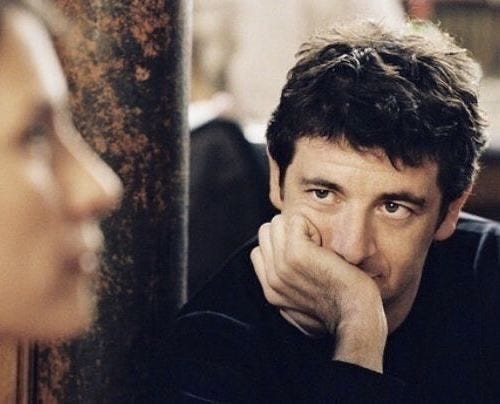
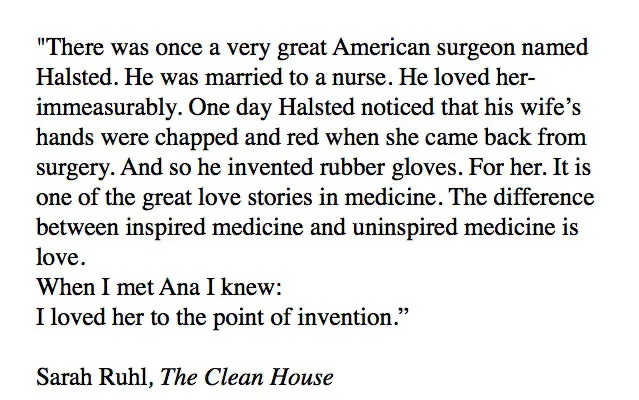
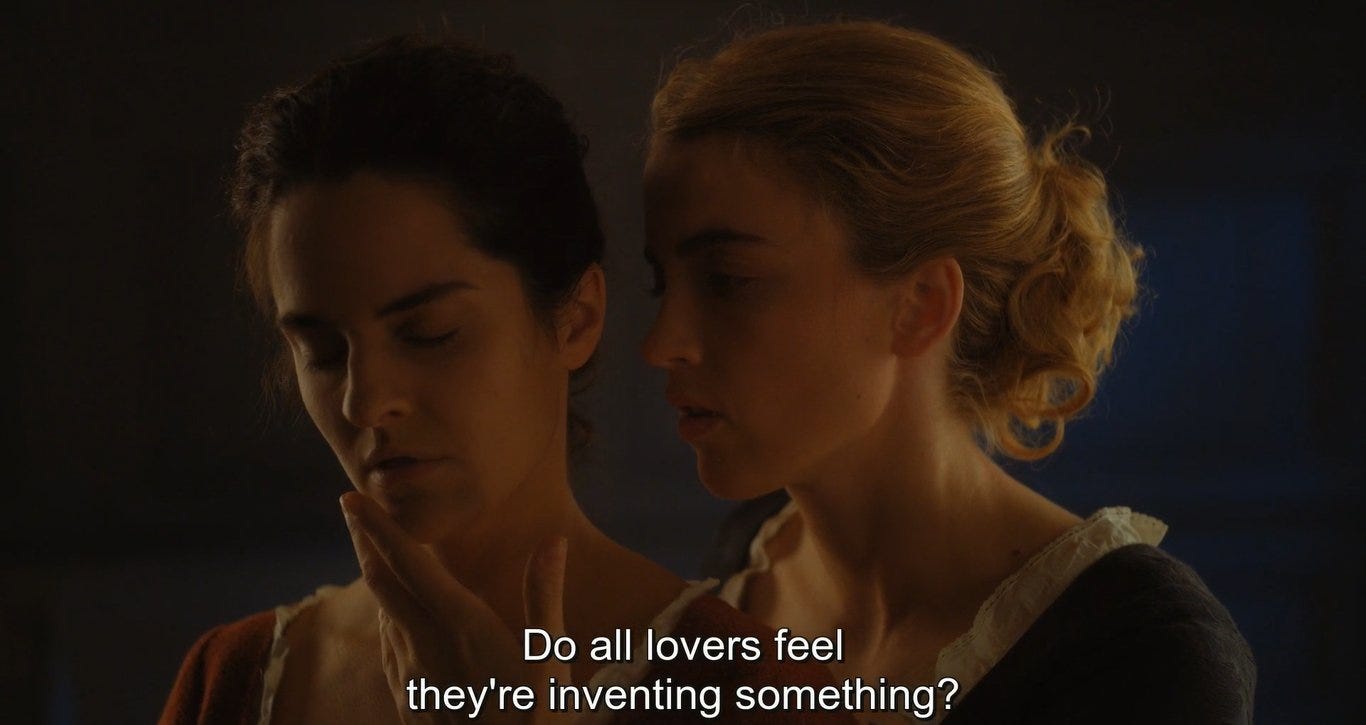
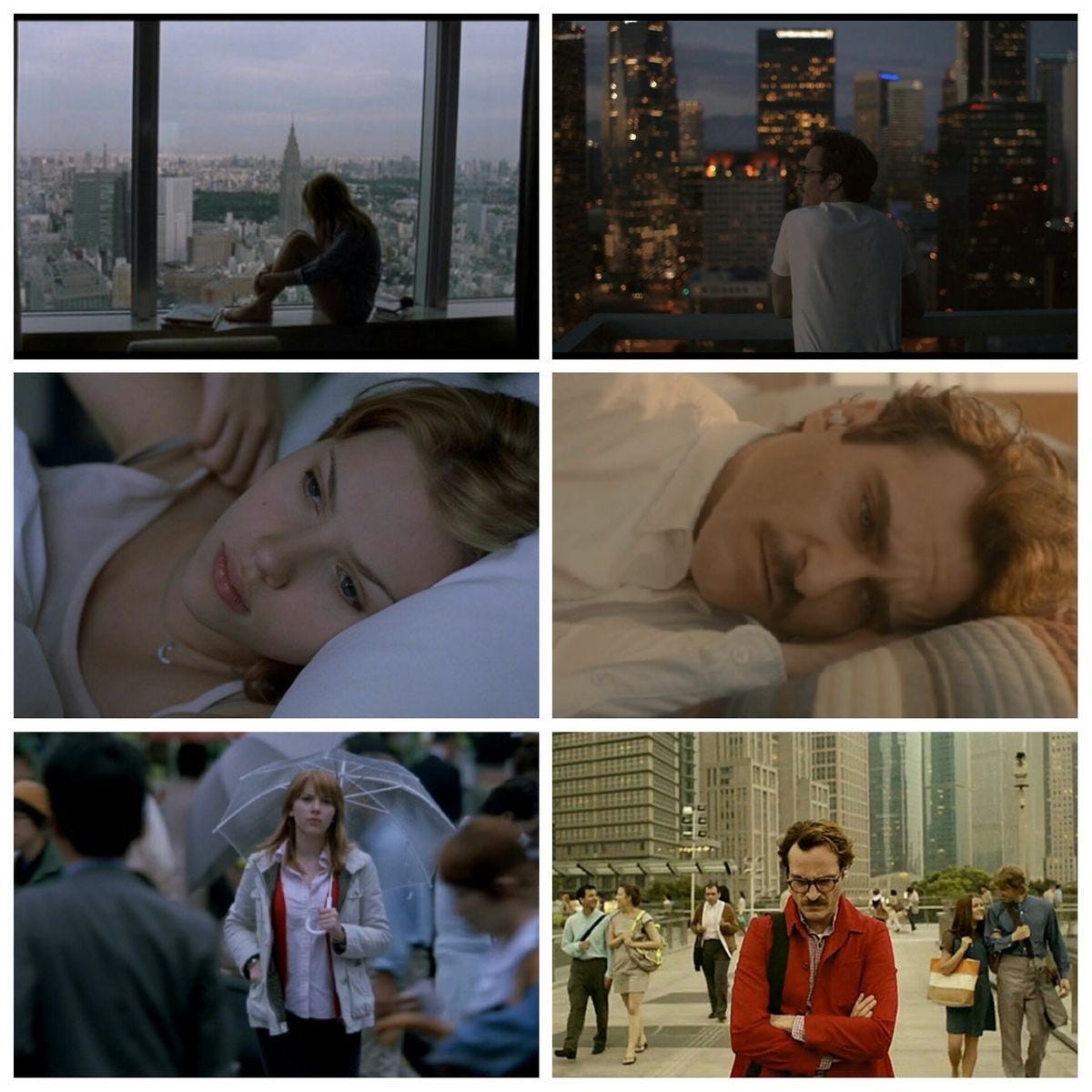
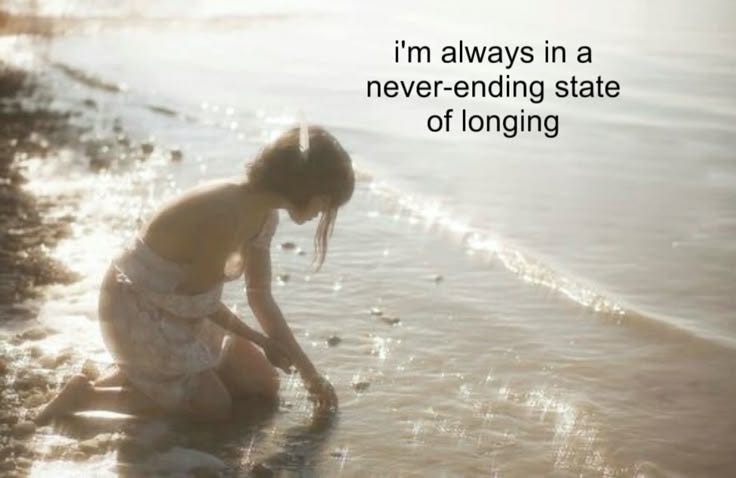
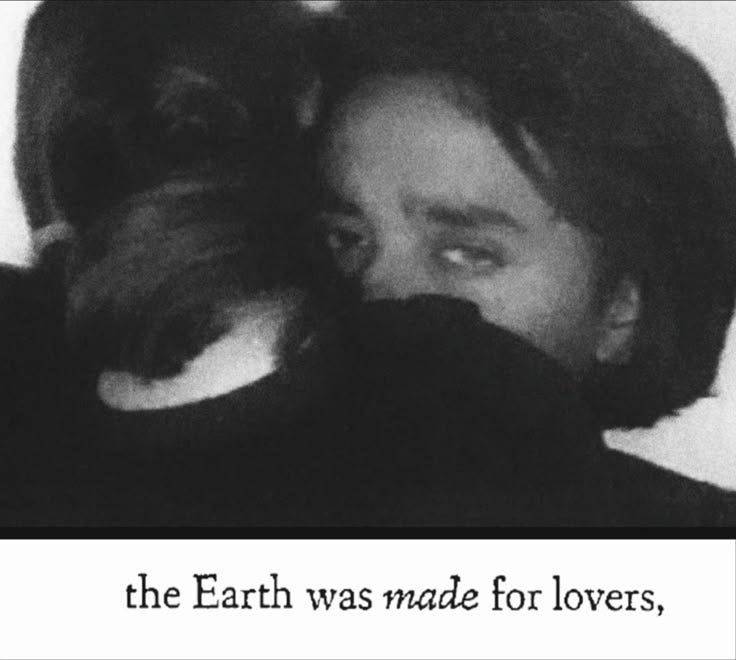
Let me yearn without mistaking it for madness.
I am obsessed with your writing!!